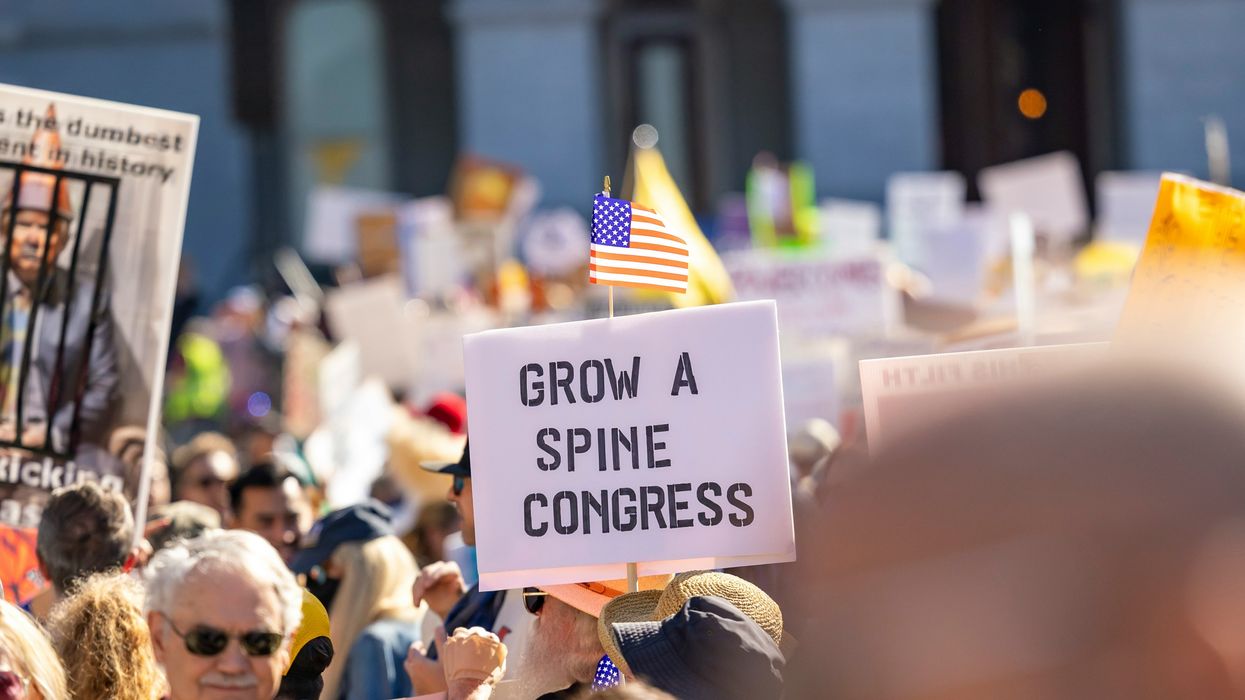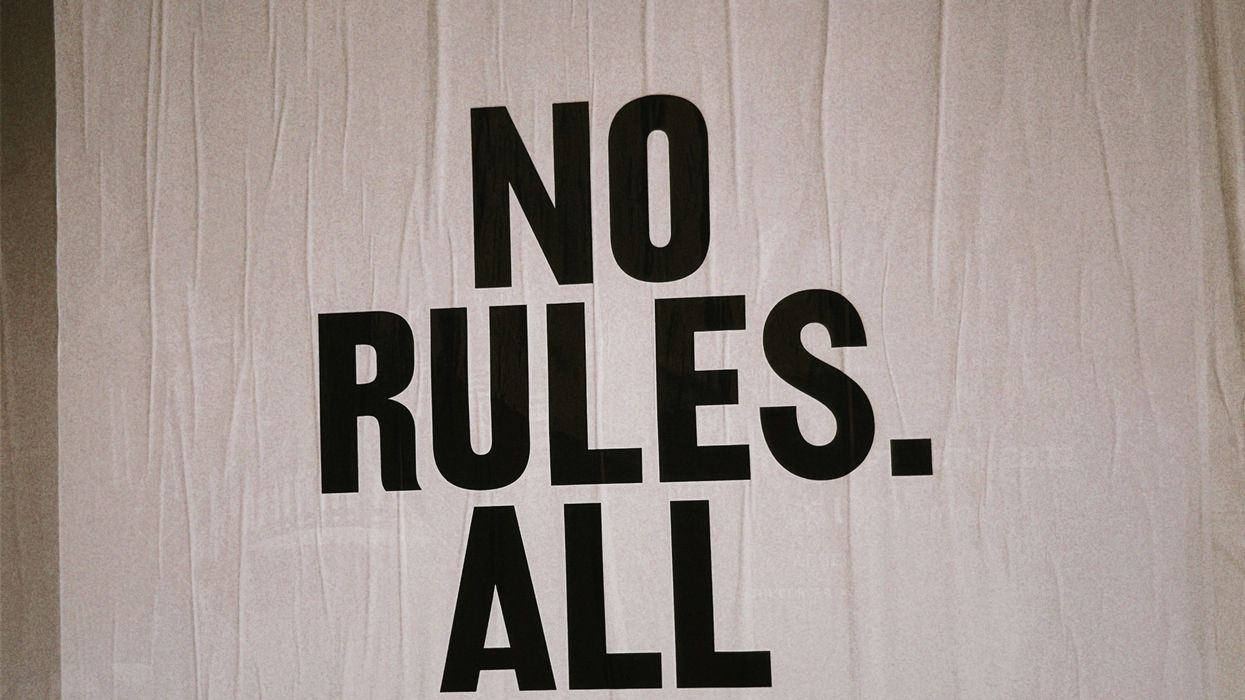Congressional negotiators are trying to bury a hemp definition change in appropriations language, a backdoor maneuver that would treat nearly any THC in hemp-derived products as federally illegal. This is happening in real time, behind closed doors, without public hearings.
Sen. Rand Paul has pledged to hold up spending bills to stop this ban, but he's issued a stark warning: there's a "real danger" the prohibitionists win unless constituents flood Congress with calls immediately.
The numbers tell the story:
- The U.S. Hemp Roundtable estimates ~95% of the current market would be eliminated overnight
- The industry supports a $28.4 billion economic footprint (conservative estimate)
- HIFA pegs the total impact at multiple tens of billions when you include the broader legal cannabis ecosystem
- Hundreds of thousands of jobs hang in the balance—from family farms to Main Street retailers
This isn't theoretical. 39 state attorneys general recently pressured Congress to clamp down on "intoxicating hemp" via exactly this type of definition change. The political machinery is already in motion.
Meanwhile, after President Trump publicly endorsed CBD for seniors, the hemp industry asked him to prevent Congress from undoing the legalization he himself signed in 2018. The industry's message is clear: we want regulation; not prohibition.
Why This Is Death by Policy
1) It Obliterates an Economic Engine Just When We Need It Most
Hemp and legal cannabis have become one of America's fastest-growing agricultural and retail sectors:
- $28.4+ billion in annual economic activity from seed to shelf
- Farm contracts across red and blue states providing stable income for rural America
- Manufacturing, logistics, retail, and ancillary jobs spanning the entire supply chain
- Hundreds of millions in tax revenue for state and local governments
- A legal alternative that's kept countless consumers out of illicit markets
Destroying this overnight doesn't protect anyone. It's economic arson that punishes legal operators, farmers, and workers who played by the rules.
2) It Creates Chaos Without Making Anyone Safer
The 2018 Farm Bill drew a bright line at 0.3% delta-9 THC. That clarity worked. Suddenly criminalizing THCA, isomers, and other compliant cannabinoids will:
- Confuse consumers who've relied on legal products for years
- Whipsaw compliant businesses that invested millions in good faith
- Burden law enforcement with unenforceable distinctions
- Make America less safe, not more
The Congressional Research Service has already confirmed: these definition changes would effectively prohibit hemp-derived cannabinoid products that are currently legal.
3) It Guarantees an Underground Market Explosion
Prohibition doesn't eliminate demand, it just eliminates oversight. When states attempted sweeping hemp bans, consumers didn't stop buying; they started buying from:
- Untested gray-market sources
- Cross-border smugglers
- Dealers with zero age-verification
- Products with no quality control
A federal ban would nationalize this failure, creating exactly the unsafe, unregulated market that regulators claim to fear. Even the industry groups pressing the White House make this point: regulation beats prohibition for both safety AND jobs.
4) It Ignores What Federal Agencies Actually Asked For
The FDA has been explicit: they don't have the regulatory tools they need under current law. What they're asking for:
- Serving limits
- Warning labels
- Adverse-event reporting frameworks
- Clear enforcement authority
Congress should give them a framework, not a scorched-earth ban.
5) It Rejects Proven Solutions That Already Work
We don't need to guess what works. We have the playbook:
- 21+ age restrictions with ID verification
- Potency caps and serving limits
- Universal third-party testing for contaminants and total THC
- Clear, standardized labeling with dosing information
- Child-resistant packaging requirements
- Marketing restrictions (no cartoons, no health claims)
- Retailer licensing and spot-check enforcement
Multiple states and policy institutes have demonstrated these standards protect consumers while preserving a legal, taxpaying industry. This isn't hypothetical, it's happening right now.
6) It's Procedurally Cynical and Fundamentally Undemocratic
If this were a genuine public-health initiative, Congress would:
- Hold committee hearings
- Debate a comprehensive regulatory framework
- Consult stakeholders, scientists, and enforcement
- Vote transparently
Instead, they're smuggling a ban into an omnibus spending bill without debate. The Senate already stripped similar language once after public backlash, which proves this is politics, not policy.
The Blunt Truth: You Can't Ban Your Way to Safety
America tried prohibition with alcohol. It failed spectacularly.
People still want low-dose THC beverages, functional hemp products, and compliant CBD. The demand exists, the only question is whether we meet it with regulated, tested, age-restricted legal products or force it into underground markets with zero oversight.
Even Senator Rand Paul - no friend of overregulation - is sounding the alarm: "They're essentially going to ban hemp."
This isn't about protecting kids. Bans don't protect kids; rules do. What protects kids is making sure products are:
- Behind counters or locked cases
- Only sold to adults 21+
- Properly labeled with clear warnings
- Tested for safety and potency
- Manufactured by licensed, accountable businesses
You can have a thriving legal industry OR an unregulated black market. You can't have neither.
Take Action Today
1) Use Both Automated Action Tools
Click here to tell Congress to stop the hemp ban. Then, message your Senators & Representative by clicking here.
2) Call the Capitol Switchboard: 202-224-3121
Ask for your Senators and Representative. Use this 30-second script:
"I'm a constituent calling to oppose any appropriations or Farm Bill language that bans hemp products. This would destroy a $28 billion industry and hundreds of thousands of jobs in our state. I support national standards—age-gating, testing, labeling, and placement restrictions, not prohibition that devastates legal businesses and pushes products underground. The Senate already removed similar language once. Please don't let it come back."
3) If You're an Industry Operator
- Gather proof regulation works: COAs, labels, age-gate SOPs, compliance documentation
- Email your delegation with real data showing your business model
- Join trade group alerts for real-time intel on when and whom to call
- Mobilize your customers, vendors, and employees. Congress needs to hear from Main Street, not just lobbyists
4) Frame This as an Economic Issue
When talking to lawmakers (especially Republicans), emphasize:
- Job creation in rural America
- Tax revenue for states struggling with budgets
- Property rights and legal business investment
- Free-market regulation vs. prohibition
When talking to Democrats, emphasize:
- Criminal justice reform (don't re-criminalize legal products)
- Worker protections in a legal, regulated industry
- Consumer safety through standards, not bans
- Environmental benefits of hemp agriculture

The Hemp Industry's Earned the Right to Regulation, Not Extinction
Since the 2018 Farm Bill:
- Farmers transitioned acres from failing crops to profitable hemp
- Entrepreneurs built compliant businesses creating real jobs
- States collected taxes and funded schools, infrastructure, and services
- Consumers gained access to wellness products they trust
- Researchers began studying cannabinoids with real therapeutic potential
This didn't happen by accident. It happened because Congress legalized hemp.
Now Congress wants to undo its own success, not because the industry failed, but because it succeeded beyond anyone's expectations and threatened entrenched interests.
The time for action is NOW. Not tomorrow. Not next week. Congress could attach this language to a must-pass spending bill within 48–72 hours.
This is your industry. This is your livelihood. This is your choice.
Make the call (Capitol Switchboard: 202-224-3121). Send the message. Make them hear you.
Additional Resources:















 High-THC Weed Explored - The Bluntness Photo by
High-THC Weed Explored - The Bluntness Photo by  High-THC Weed Explored - The Bluntness Photo by
High-THC Weed Explored - The Bluntness Photo by  High-THC Weed Explored - The Bluntness Photo by Maria Fernanda Pissioli on Unsplash
High-THC Weed Explored - The Bluntness Photo by Maria Fernanda Pissioli on Unsplash 
